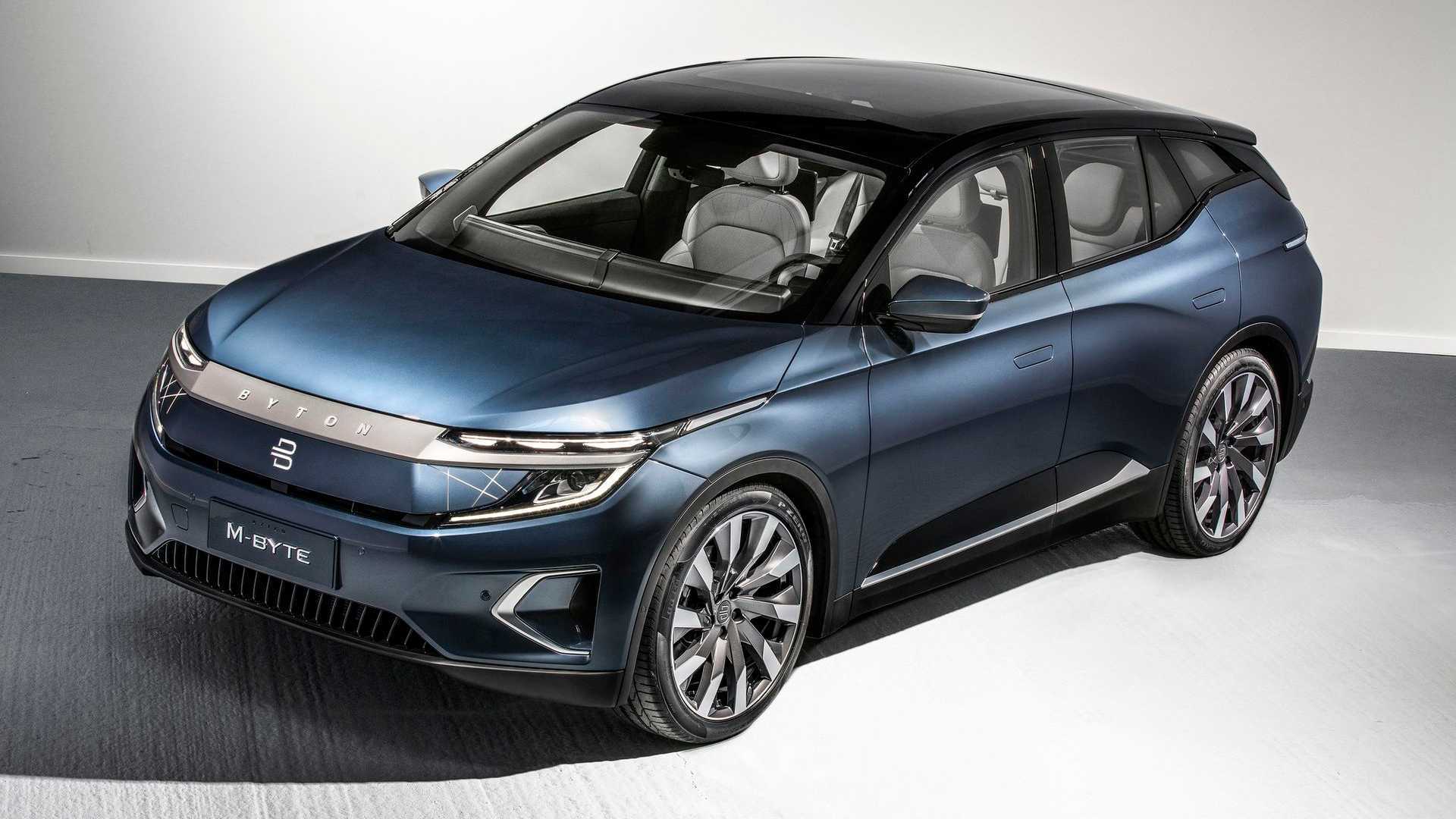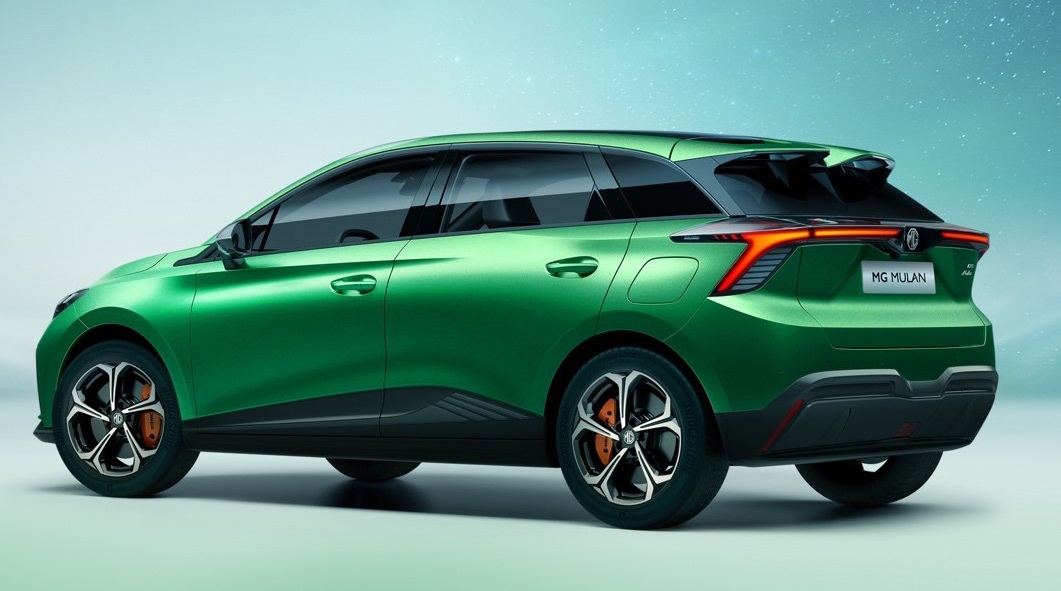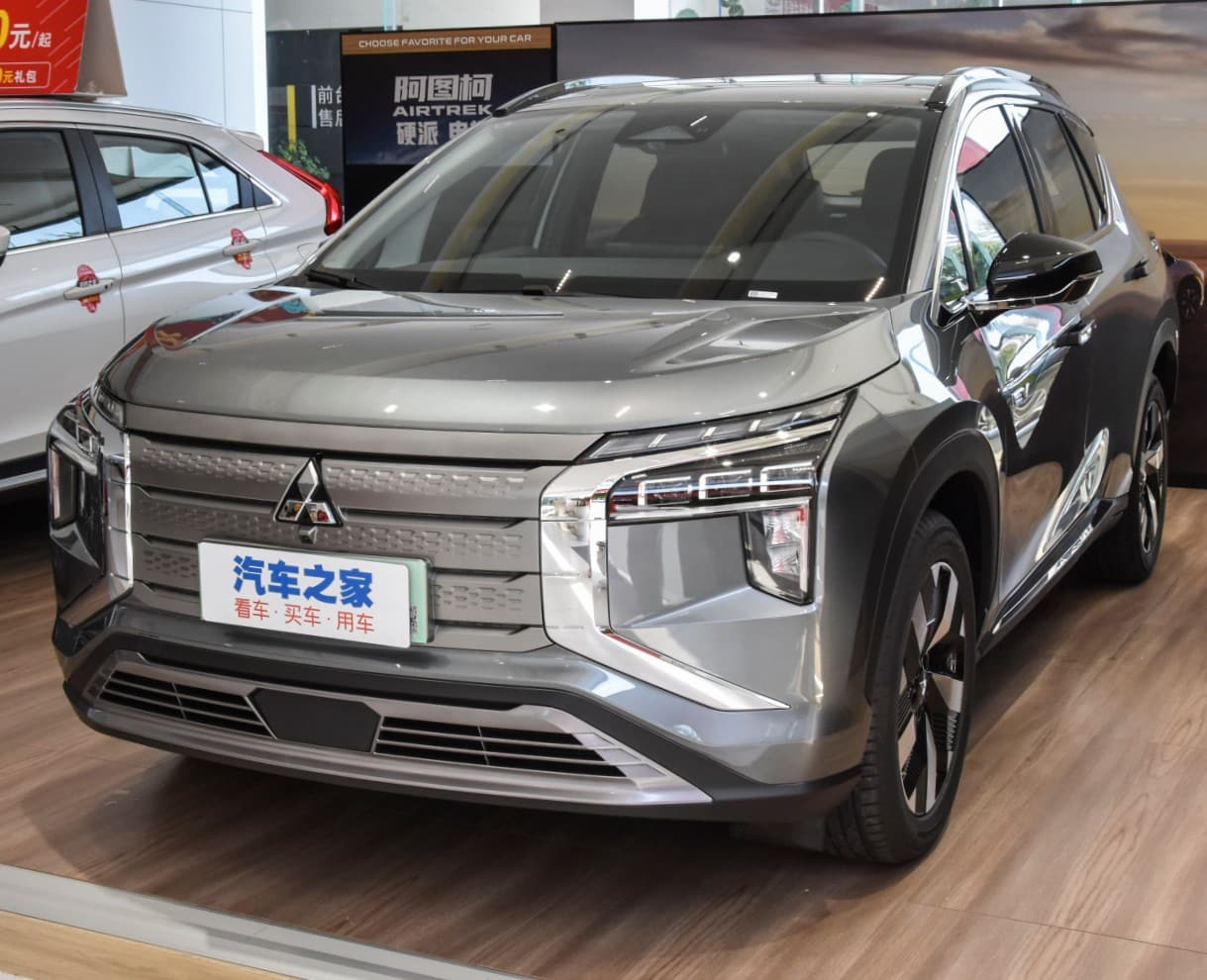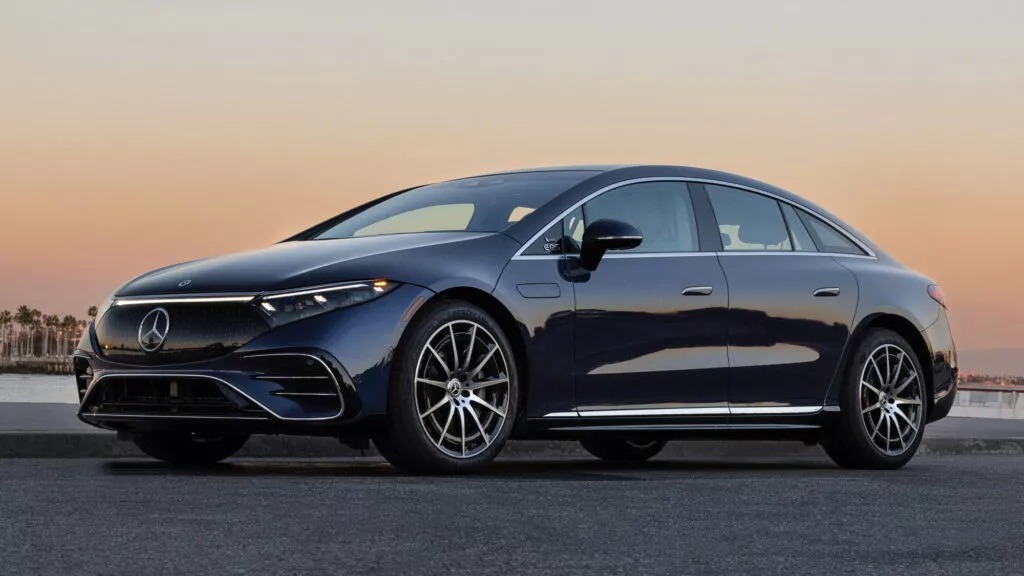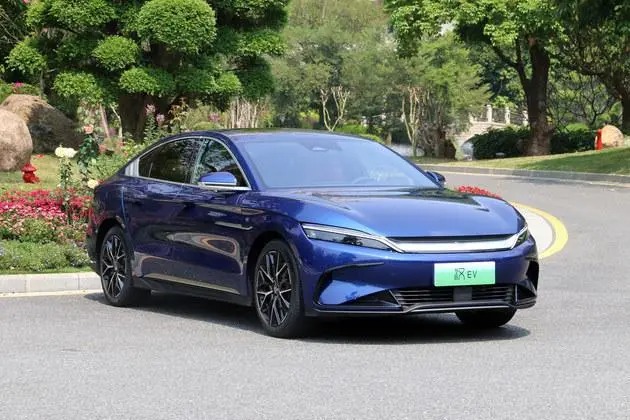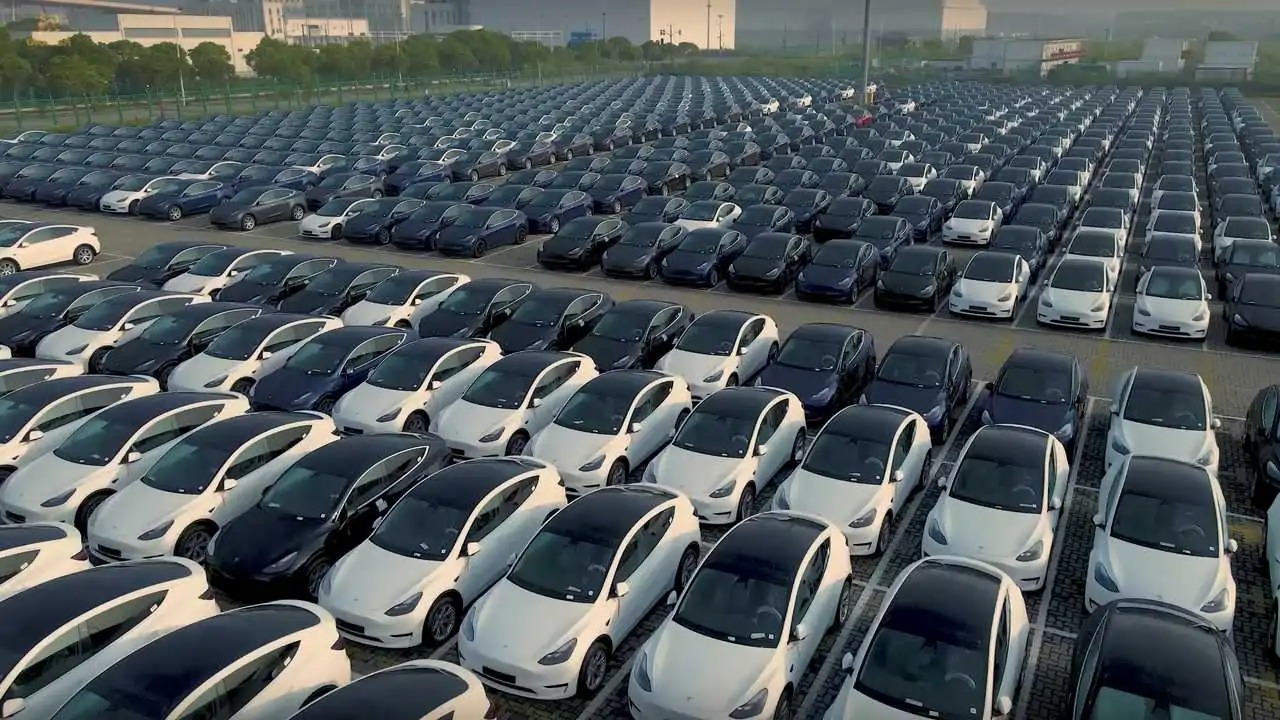Chinese electric vehicle (EV) startup Byton, known for unveiling its first production-ready vehicle in 2019, has recently filed for bankruptcy in China, as reported by Pandaily. This development has dashed hopes for the company’s flagship vehicle, the M-Byte SUV, to ever enter series production.
Byton’s troubles initially emerged in 2019, coinciding with the debut of the all-electric SUV at the Frankfurt Motor Show in Germany. The company faced setbacks such as failed funding from the Chinese auto group FAW, changes in management, and the discontinuation of investment by Foxconn a few months later. Additionally, the investment arm of the Nanjing government, another supporter, withdrew its funding shortly thereafter.
In 2021, Byton’s primary business unit, Nanjing Zhixing New Energy Vehicle Technology Development, was compelled by a creditor to initiate bankruptcy proceedings in court.
Although pre-production of the M-Byte commenced in October 2019 at Byton’s new manufacturing facility in Nanjing, China, the company faced financial difficulties and pandemic-related supply shortages. Consequently, manufacturing was temporarily halted and then resumed in April 2021.
Byton had ambitions of establishing itself as a global brand, with initial deliveries planned for China in mid-2020, followed by Europe and North America. The company even obtained dealer and distributor licenses in California. However, customer cars were never dispatched, leaving these aspirations unfulfilled.
The standout feature of the Byton M-Byte was its massive 48-inch display mounted atop the dashboard, accompanied by an additional screen integrated into the steering wheel base. Byton advertised both rear-wheel drive and all-wheel drive options, as well as two battery variants. The standard battery boasted a usable capacity of 72 kilowatt-hours, offering an estimated driving range of 250 miles. Alternatively, the optional 95 kWh pack (also usable capacity) promised a range of 323 miles.

